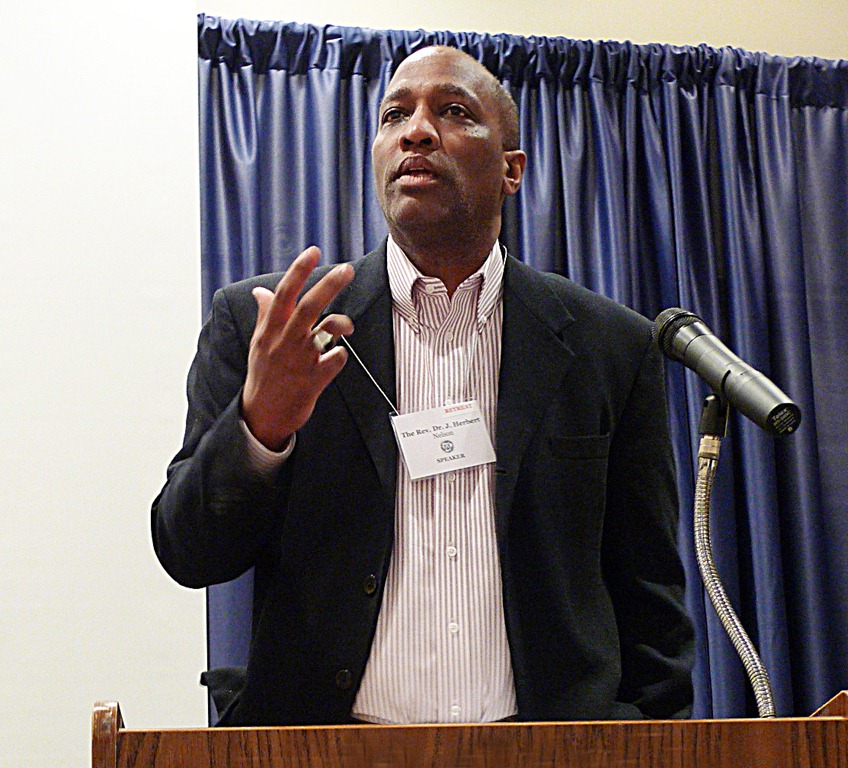
THE CHURCH STILL HAS WORK TO DO
This is part of a series of reflections from Johnson C. Smith’s first annual HIV competency training conference—and is a slightly revised version of a December 1, 2012 reflection posted on the blog of the Presbyterian Church (U.S.A.) Office of Public Witness by J. Herbert Nelson.
“When he saw them, he said, “Go show yourselves to the priests.” And as they went, they were cleansed.” (Luke 17:14)
On World Aids Day, we must remind ourselves that the alarm continues to sound regarding the urgency to address this critical health issue. The Center for Disease Control (CDC) reported this week that out of fifty thousand new cases reported each year – one in four persons infected with HIV/AIDS is a young person between the age of thirteen and twenty-four. Sixty-percent of these persons are unaware that they are infected and most of the cases (seventy-two percent) involve men who have sex with men (MSM). We remain in a crisis regarding HIV/AIDS in the United States and around the world. [i] The UNAIDS Report on the Global AIDS epidemic (2012) reports that despite variances between the rise and decline among infected people across the world, we are still facing a global crisis.
Globally, 34.0 million [31.4 million–35.9 million] people were living with HIV at the end of 2011. An estimated 0.8% of adults aged 15-49 years worldwide are living with HIV, although the burden of the epidemic continues to vary considerably between countries and regions. Sub-Saharan Africa remains most severely affected, with nearly 1 in every 20 adults (4.9%) living with HIV and accounting for 69% of the people living with HIV worldwide.
___________________________________________
The Center for Disease Control (CDC) reported this week that out of fifty thousand new cases reported each year – one in four persons infected with HIV/AIDS is a young person between the age of thirteen and twenty-four.
___________________________________________
Although the regional prevalence of HIV infection is nearly 25 times higher in sub-Saharan Africa than in Asia, almost 5 million people are living with HIV in South, South-East and East Asia combined. After sub-Saharan Africa, the most heavily affected regions are the Caribbean and Eastern Europe and Central Asia, where 1.0% of adults were living with HIV in 2011. [ii]
This global crisis demands our attention. I have observed congregations in the United States that fear the judgment of people who believe that HIV/AIDS is a gay disease. Thus, congregations that embrace ministry and advocacy among gay persons are labeled “gay churches.” As Presbyterians and people of faith, our passion to witness healing among persons infected by HIV/AIDS has to be so strong that we are willing to risk being misunderstood for the sake of the Kingdom of God. I suggest that a lack of faith is often the greatest impediment to Christians shaping a significant response to persons infected with HIV/AIDS. Faith declares that even if a person or congregation is demonized for its courage, God’s power is enough to turn the world’s criticism into a prolific witness for the Kingdom. Jesus was sent by God to model the “wisdom” of God as recorded by John. (John 1). [iii]
Jesus healed ten persons with leprosy in Luke’s gospel (Luke 17:11-19). Traditionally, this text is preached with a focus on the gratitude that one of of the ten displayed by returning to thank Jesus for his healing. Surely, this is important. As Christians we are taught to give thanks to God through Jesus Christ in our prayers, worship, and daily life.
___________________________________________
Faith declares that even if a person or congregation is demonized for its courage, God’s power is enough to turn the world’s criticism into a prolific witness for the Kingdom. Jesus was sent by God to model the “wisdom” of God…
___________________________________________
However, we often overlook the risk that Jesus took regarding his own place in the context of the community by coming into contact with these ten persons with leprosy. Lepers were alienated from community. This dreaded skin disease represented to some a curse from God. Healing was the only means for lepers to be restored to the community. Touching or association with these individuals was a societal “no-no.” Jesus was so deeply focused on bridging the communal divide that he risked his own standing to give hope to those who were alienated. Therefore, Jesus’ call to those he healed was not to come and thank him, but to go and show the priest (the community gatekeeper), who had authority to readmit these persons with leprosy into the community. In other words, ‘Go and be restored to your rightful place among the community that God intends for you.’
I firmly believe this is the role of the Church – the Presbyterian Church – Pentecostal – Baptist – Methodist – or whatever label we bear. We cannot moralize this health crisis in order to avoid engaging the communal impact of HIV/AIDS. We cannot declare we are in Christ Jesus our Lord while distancing ourselves from the responsibility to touch, embrace and heal persons living with HIV/AIDS, who need to be restored to a right relationship with family, friends and their faith.
the role of the Church – the Presbyterian Church – Pentecostal – Baptist – Methodist – or whatever label we bear. We cannot moralize this health crisis in order to avoid engaging the communal impact of HIV/AIDS. We cannot declare we are in Christ Jesus our Lord while distancing ourselves from the responsibility to touch, embrace and heal persons living with HIV/AIDS, who need to be restored to a right relationship with family, friends and their faith.
In 1988, the Presbyterian Church (U.S.A.) adopted a paper, “To Meet AIDS with Grace & Truth,” confessing that its response to AIDS had been tardy, despite the 1986 General Assembly’s warning that “. . . the rate of infection [is predicted to] double every nine to twelve months,” and its declaration that “AIDS should be viewed as an illness, and not as the punishment for behavior deemed immoral . . .” (PC(USA), 1986, pp. 495-496). It affirmed, “that all peoples are precious to God” and urged “congregations, governing bodies, and agencies of the Presbyterian Church (U.S.A.) to renounce the popular notions of God’s wrath toward AIDS sufferers . . .” (PC(USA), 1988, p. 362).
___________________________________________
We cannot moralize this health crisis in order to avoid engaging the communal impact of HIV/AIDS. We cannot declare we are in Christ Jesus our Lord while distancing ourselves from the responsibility to touch, embrace and heal persons living with HIV/AIDS, who need to be restored to a right relationship with family, friends and their faith.
___________________________________________
In December, the Presbyterian Church (U.S.A.) Office of Public Witness (OPW) is implementing the 2012 General Assembly policy on, “Becoming an HIV and AIDS Competent Church: Prophetic Witness and Compassionate Action.”Read about the A partnership between the OPW, Johnson C. Smith Theological Seminary (Atlanta, Georgia) and the Presbyterian AIDS Network that represents one way to engage this global crisis. This model provides training/certification for theological students so that they are prepared to address the realities of HIV/AIDS upon entering into ministry.. We pray that this effort can be replicated across the country and globe. All three of the conference sponsors (JCSTS, PAN, and OPW) are willing to assist in efforts among Presbyterians and others across the country to embrace HIV/Aids competency, advocacy and compassion.
Jesus’ moral authority was earned through his willingness to love people who suffered alienation from their community. He models for us the 21st century role of the Church, if we desire to become viable agents of hope and faith in this world. We must advocate for the oppressed! We must overcome our fear and tendency to demonize persons living with HIV/AIDS! The Church must become a lifeline of hope to people who are drowning in a sea of despair!
Let us pray for the courage to love the infected so that alienation is eliminated in our society and world. As Scripture reminds us, “There is no fear in love, but perfect love cast out fear.” (I John 4:18a)
_____________________
i. Reported by Public Broadcasting – Service Reported on November 27, 2012. Young People Make Up More Than a Quarter of New HIV Cases in the U.S.
ii. The UNAIDS Report on the Global Aids epidemic (2012), 8.
iii. Word in John’s gospel is translated as wisdom. Ex In the beginning was the word (wisdom) of God…

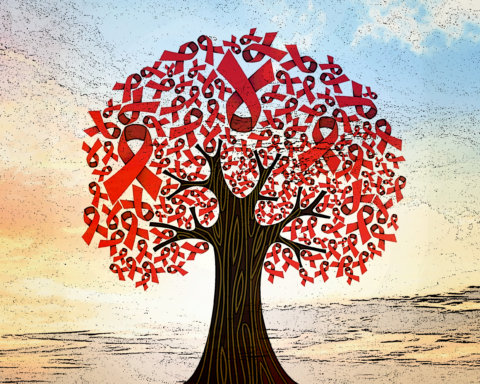
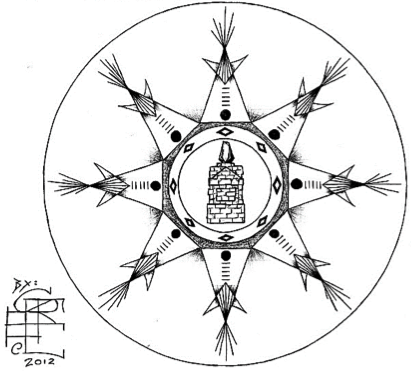

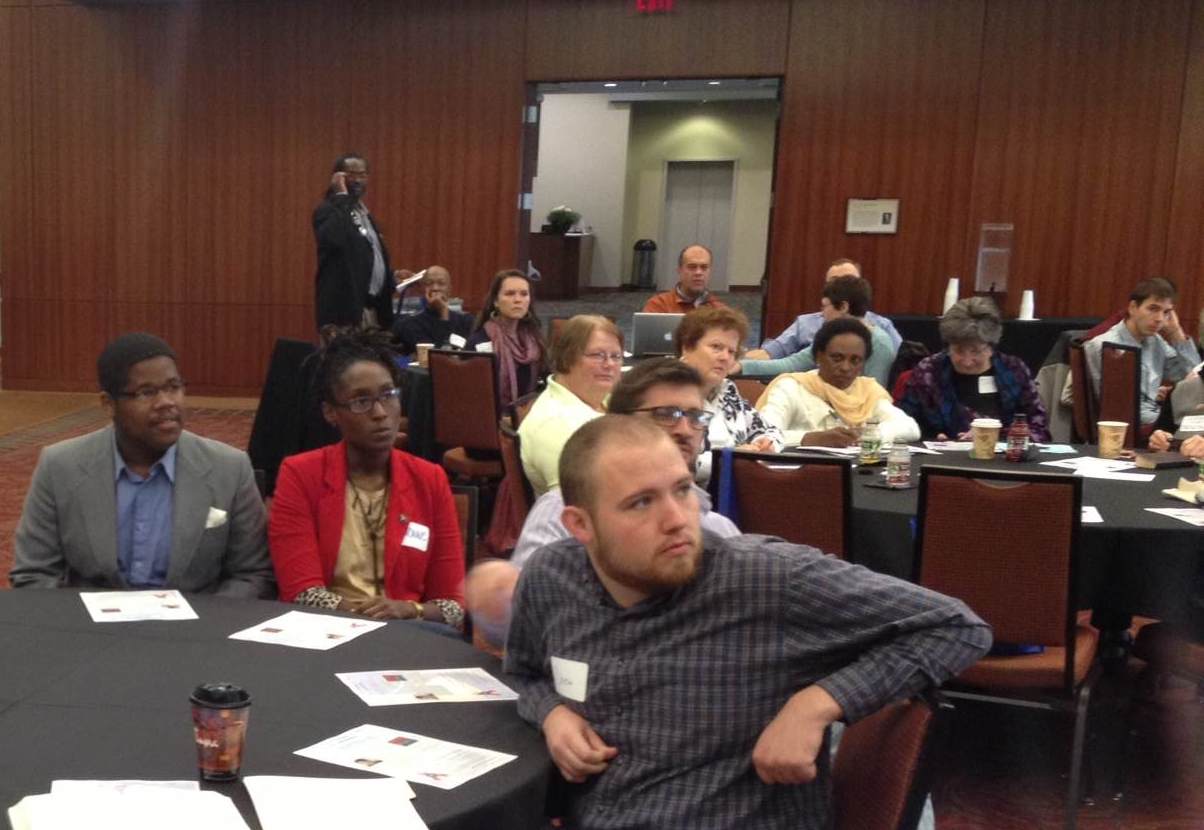
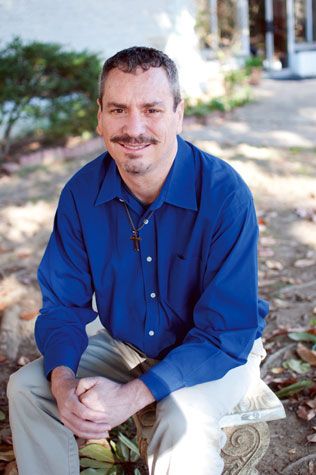
Unbound Social